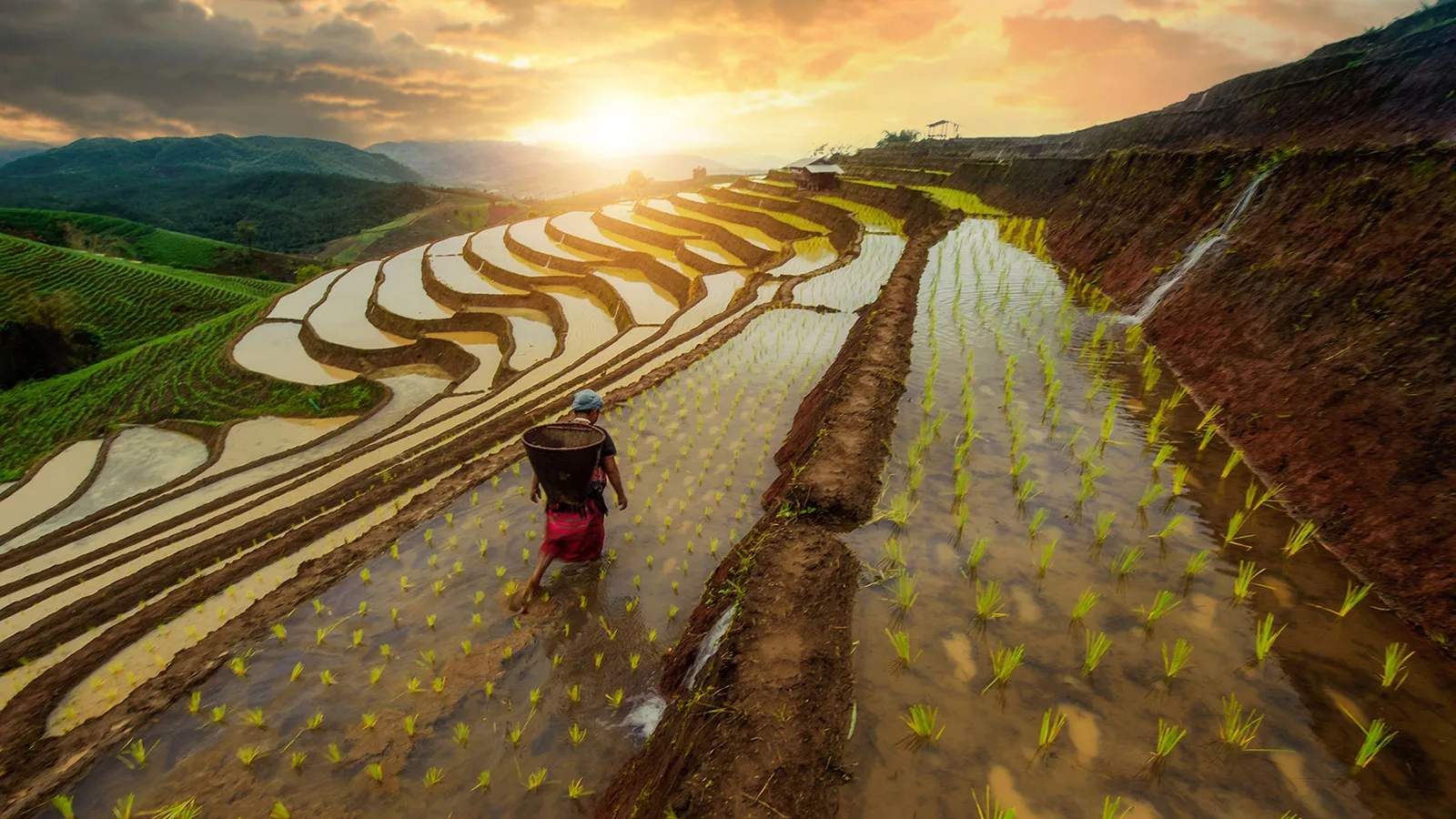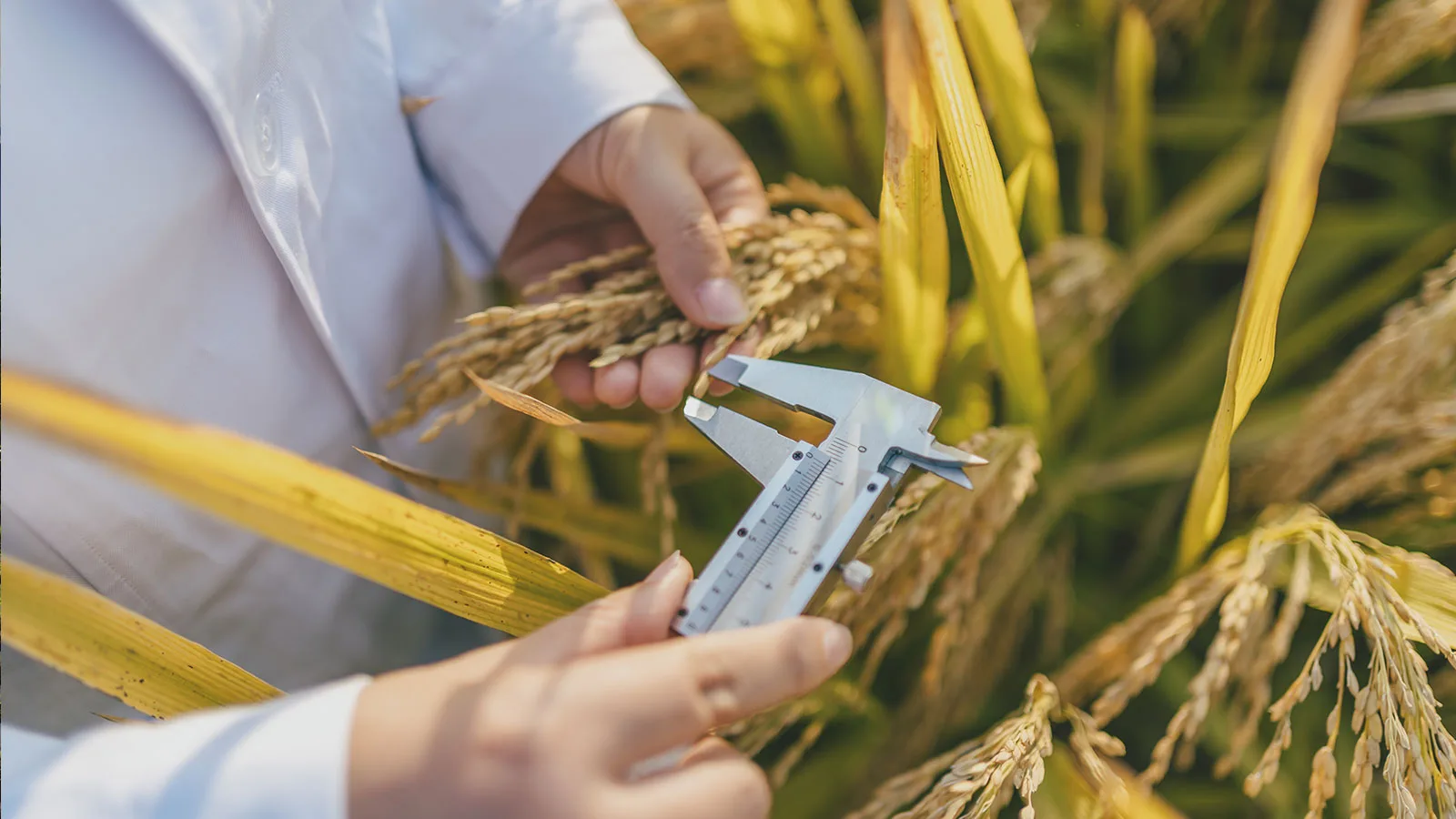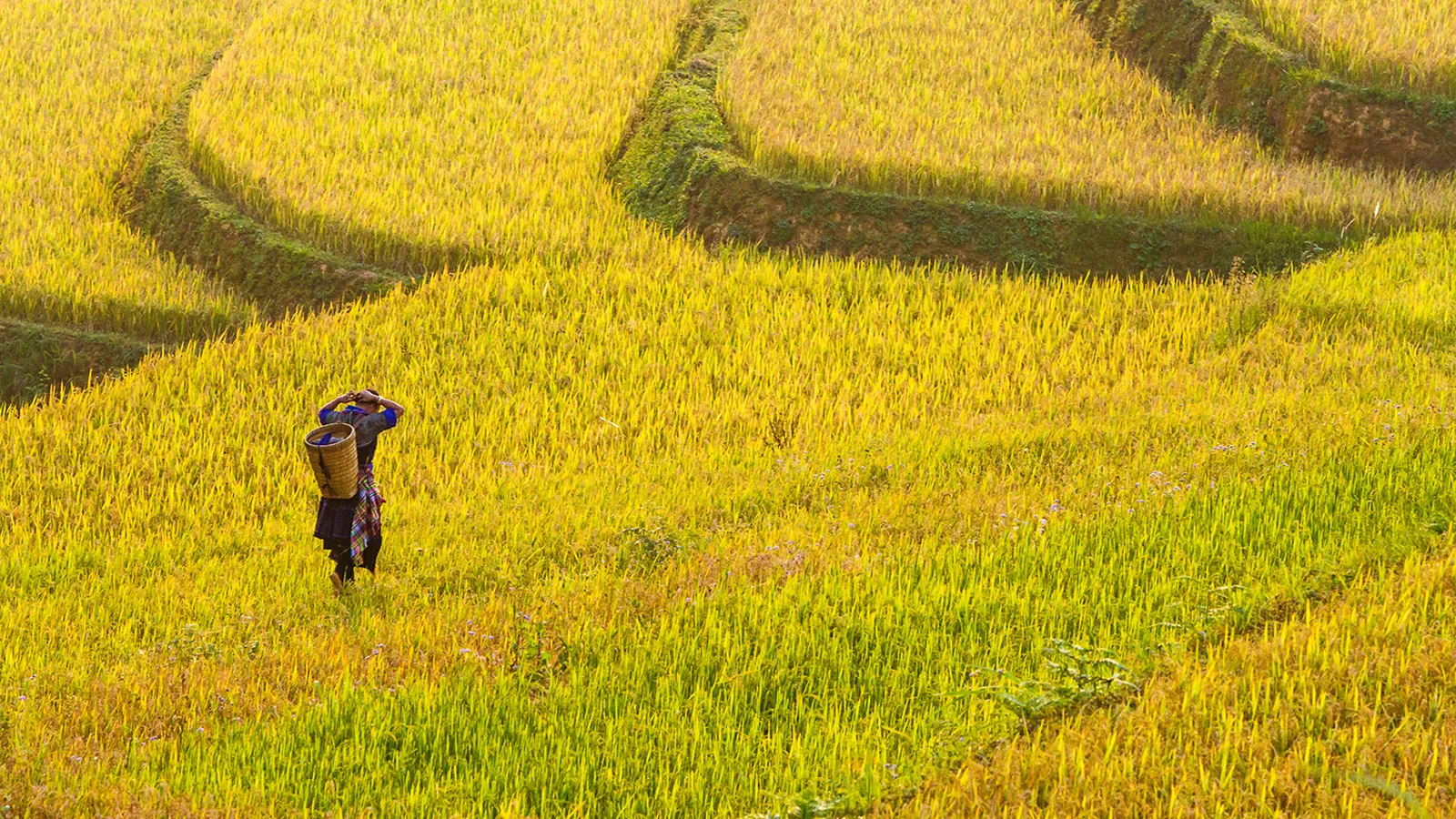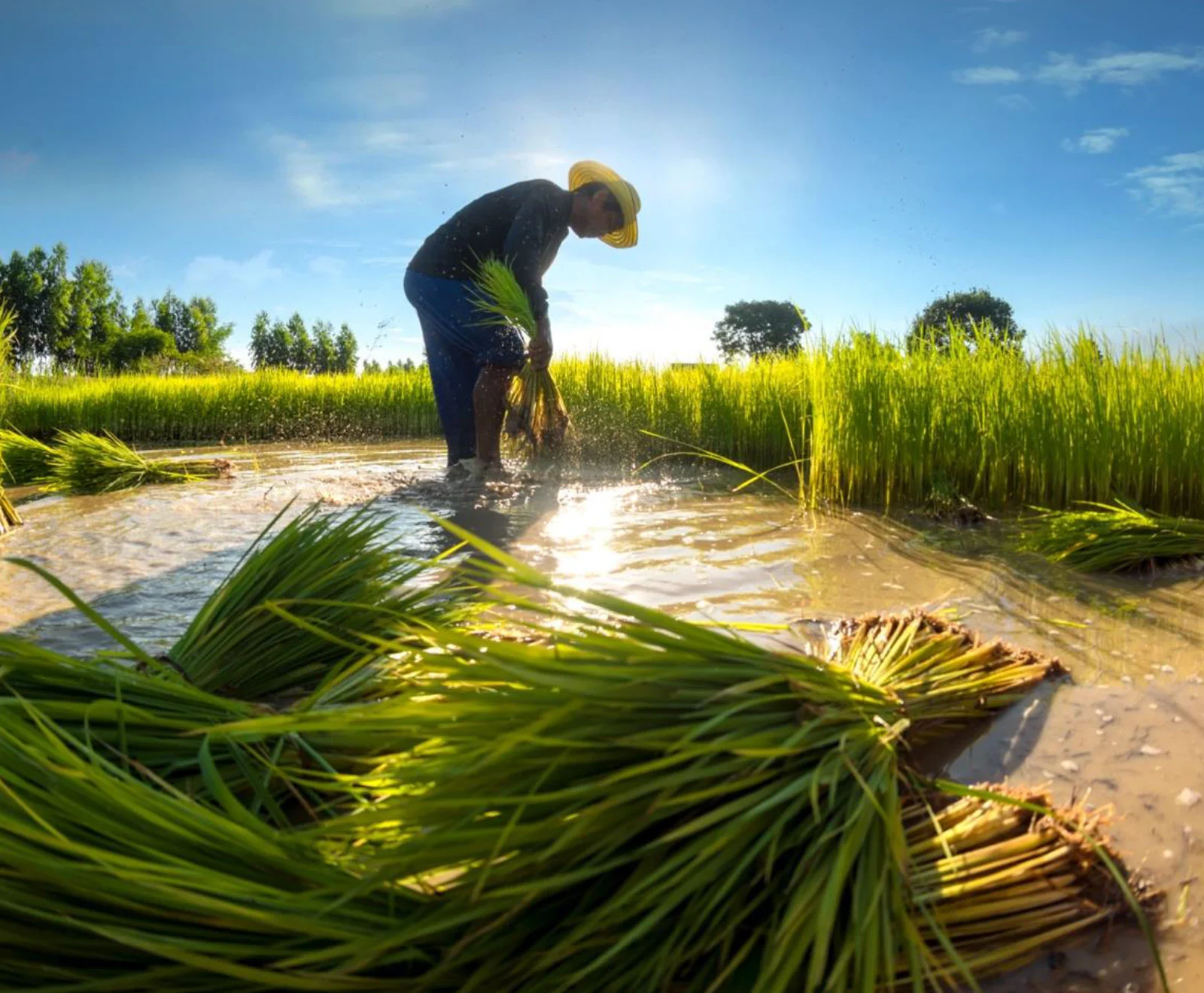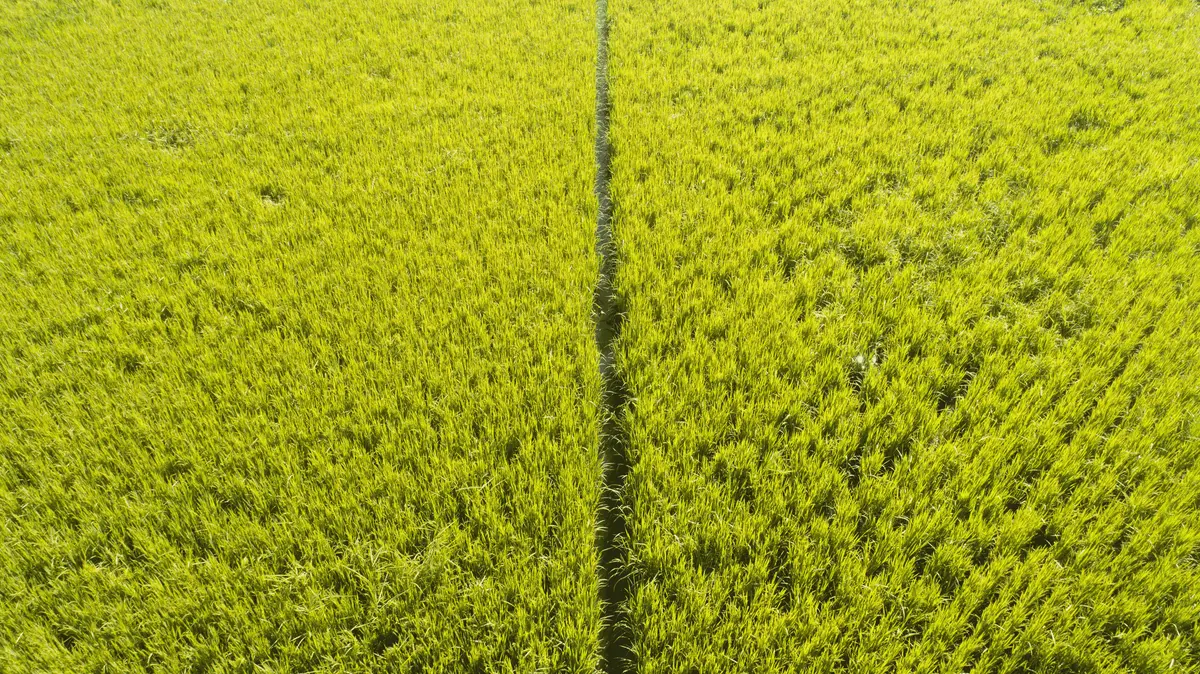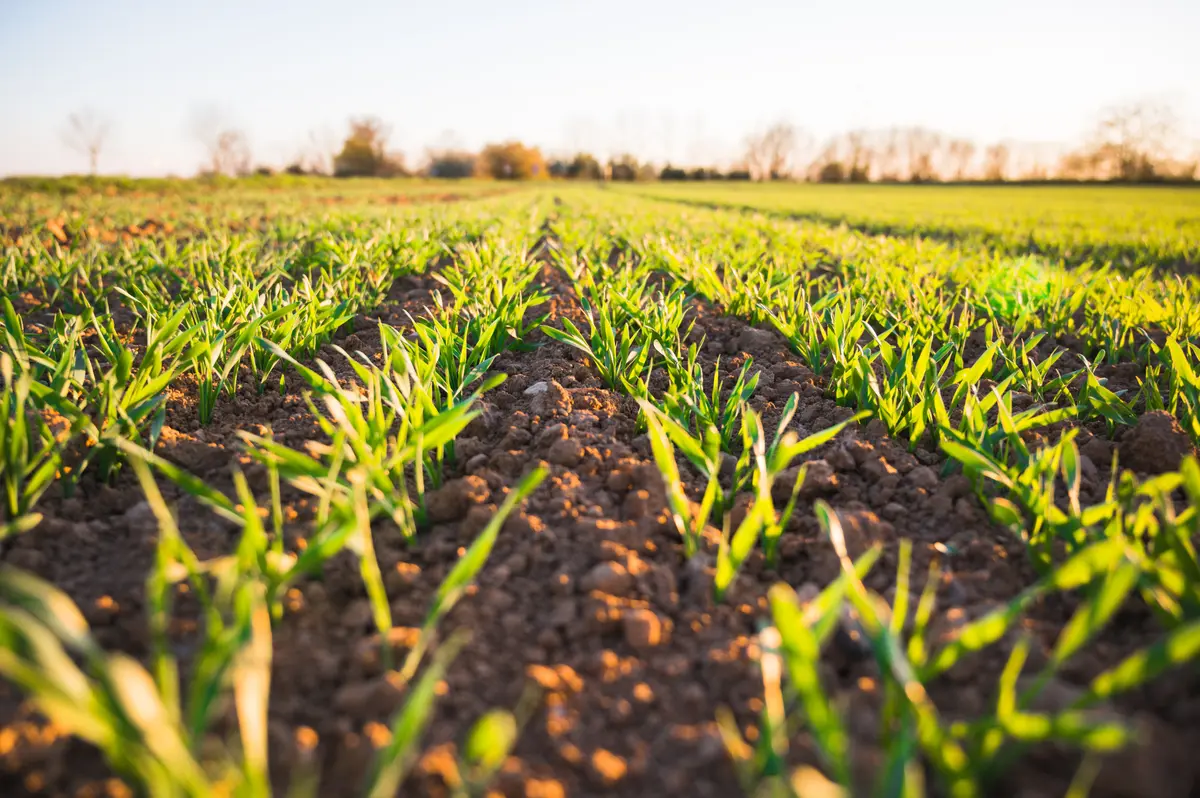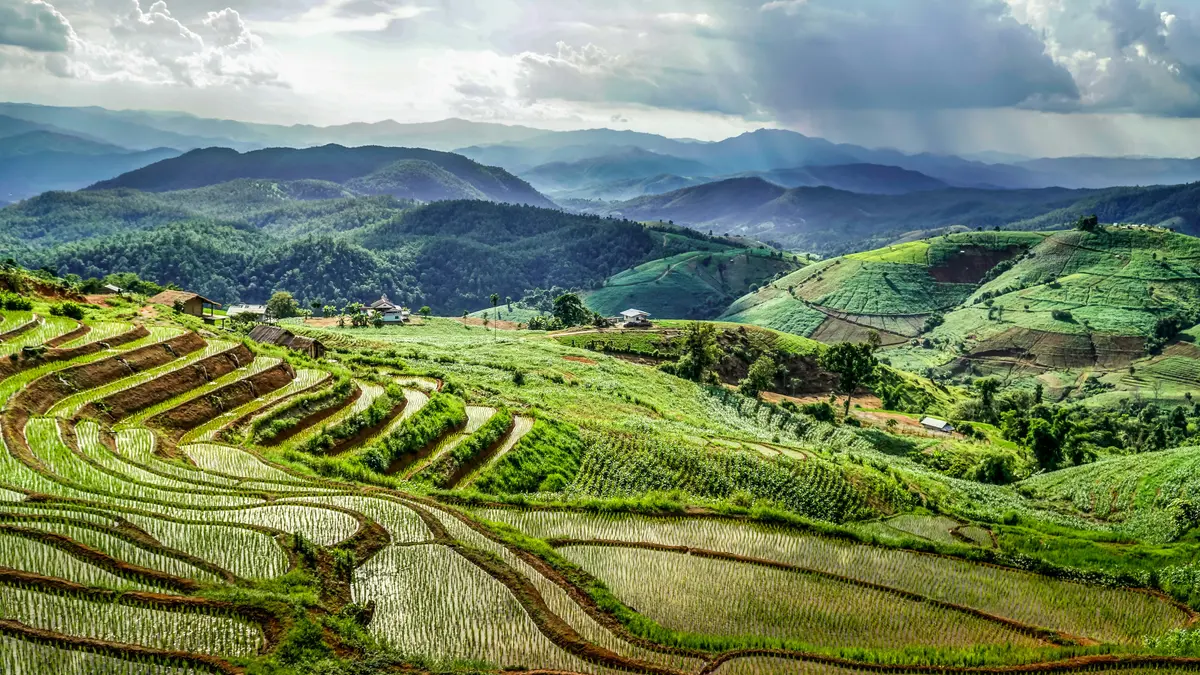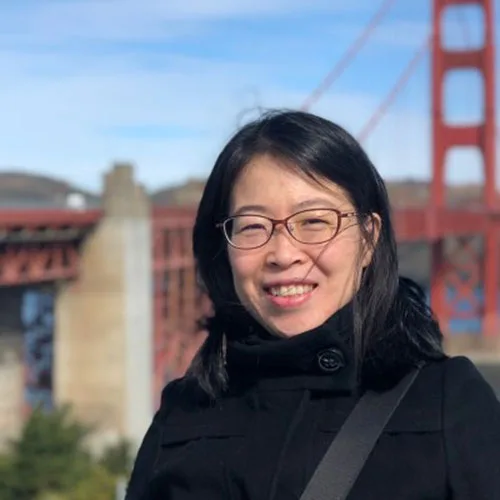Scaling Business-Driven Climate Action in Rice Agriculture
WBCSD has launched the Rice Methane Action Alliance (RMA) in 2025, which aims to mobilize and scale business-driven actions and co-investments to accelerate the global transition to low-emission and climate-resilient rice cultivation at field-level (for landscape-level considerations see the linked Sustainable Rice Landscapes Initiative: SRLI). The Alliance links corporate ambition with practical information about methodologies and tools relevant to rice fields, ensuring that technical guidance yields impactful outcomes for climate, nature and farming livelihoods. This is done in full alignment with core outcomes and indicators for regenerative agriculture and sustainable land use outcomes and indicators, developed by WBCSD and its partners.
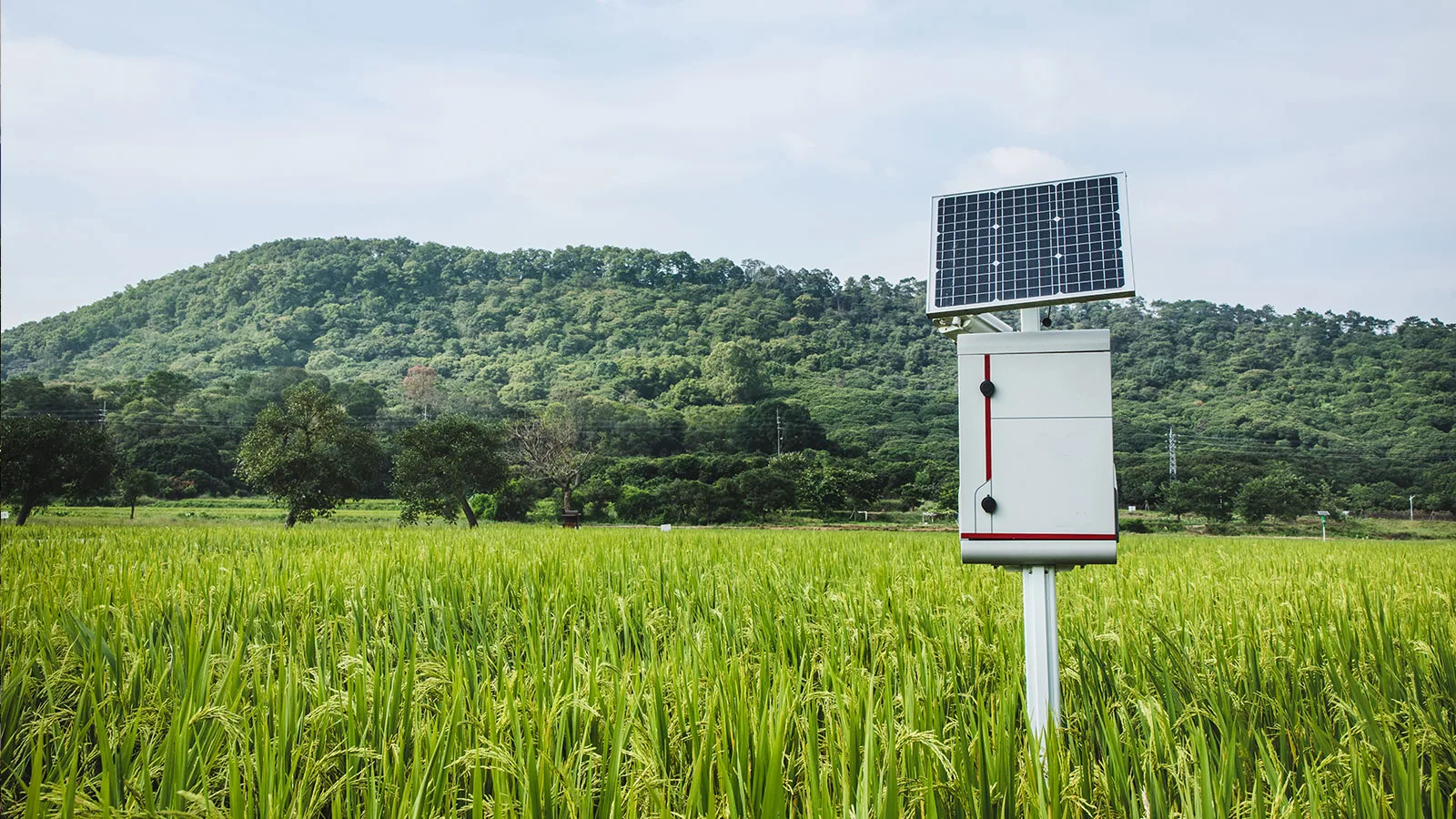
Action and Accountability Guidance for Field-Level Uptake
As part of its commitment to actionable impact, the Rice Methane Action Alliance has developed a comprehensive Guidance Report titled ‘Action and Accountability in Cutting Rice Methane Across Agri-Food Value Chains: Scalable Strategies for Business Implementation and Impact’. This resource consolidates best practices, scientific evidence, and implementation frameworks to support the practical adoption of low-emission rice cultivation methods.
This guidance aims to support companies and organizations across the rice value chain in advancing low-emission and resilient rice production systems, with a particular emphasis on reducing methane emissions. It responds to growing demands for clarity, consistency, and action in aligning rice sector efforts with global climate goals, emissions reduction targets and action planning. The guidance is for all companies and implementing partners across the rice value chain involved with scaling low-emission rice production.
The ‘Action and Accountability in Cutting Rice Methane Across Agri-Food Value Chains: scalable strategies for business implementation and impact’. The Guidance report can be downloaded here.
Action Areas & Key Outcomes
The Alliance focuses on 3 prioritized action areas that engages corporate rice supply chains:
Action Area 1:
CONVERGE on defining low-emissions rice and MRV best practices
Harmonizing low-emissions and resilient rice guidance, disclosures, & MRV transition action planning.
Action Area 2:
ADOPTION to drive collective actions across value chain
Facilitating uptake of the Technical Guidance, action plan implementation and reporting, and promoting innovative actions and knowledge-sharing across the rice value chain.
Action Area 3:
CO-INVEST to accelerate collective investments for low-emissions rice
Catalyzing public-private co-investment partnerships across the rice value chain in priority countries and landscapes, incl. via SRLI.
Priority countries identified to date include: China, India, Thailand, Vietnam, Bangladesh, Cambodia.
Supported by WBCSD-involved initiatives with regional co-investment opportunities for rice incl. the Sustainable Rice Landscapes Initiative (SRLI) and its Blended Finance Facility for resilient rice in Asia.
